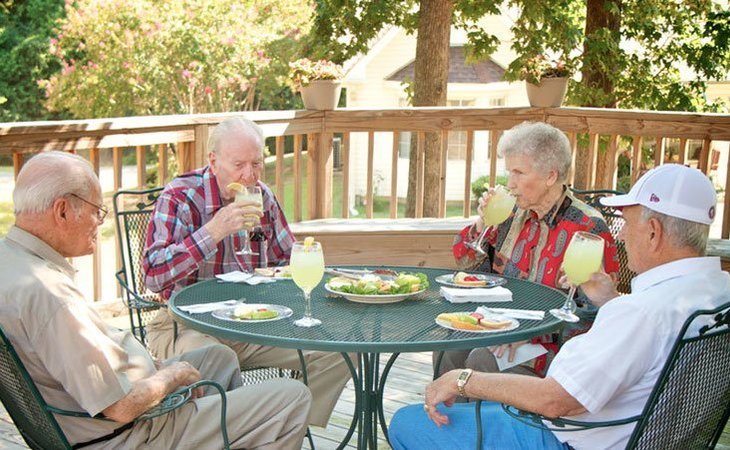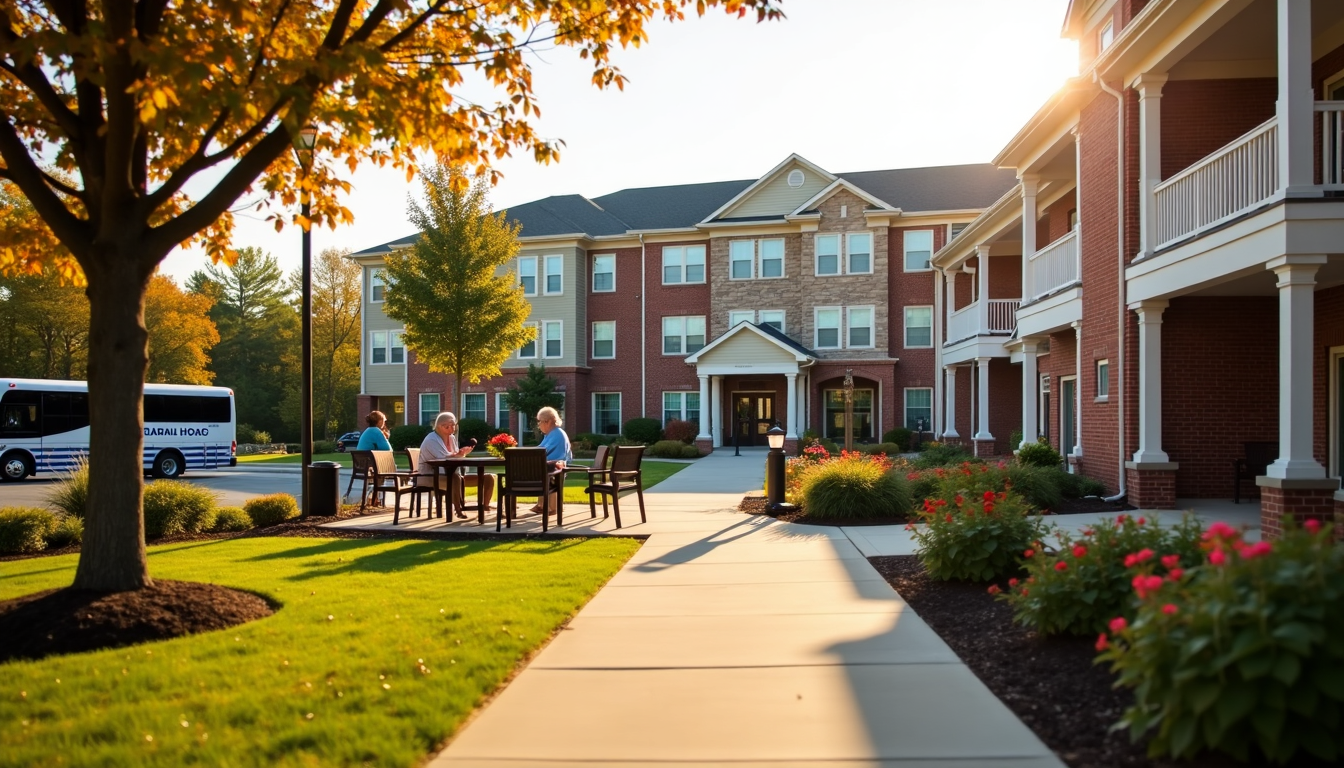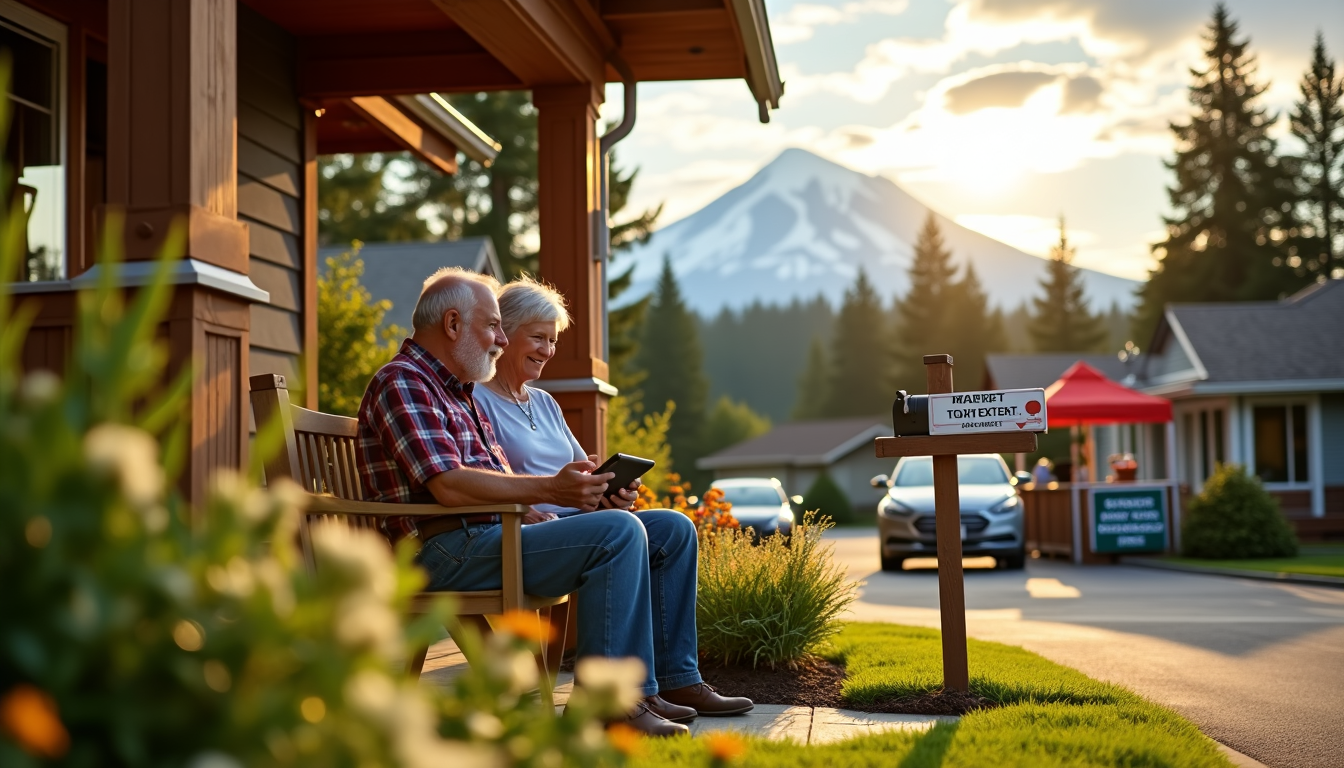Things You Should Know About When Searching for Your Senior Apartment
If you are still mostly self-sufficient and do not need assistance performing basic personal care, or if you prefer more privacy, independence, and a personal environment that is as close to your own home as possible, then a senior apartment may be the best option for you.
Senior apartments may exclusively make up a community; such a community typically belongs to the high-end senior living market. Many assisted living communities also offer senior apartments as an option, together with other living space options, i.e., private bedrooms and shared bedrooms. Your preferred lifestyle, personal care and healthcare needs, and financial capability will determine the most suitable type of senior apartment for you.
High-end senior apartment complexes are, obviously, highly customizable — from its overall structural and interior design to the specific services provided. Senior apartments within a “mixed-space” assisted living community, on the other hand, often offer more limited options but still provide the comfort, privacy, and sense of home you need at a more affordable cost.
When searching for the right senior apartment, there are 7 important things you should know. Keep reading to learn more.
1 What do other people say?
The world wide web can help you create a list of options within your preferred area. While searching online, you might as well find out what people have to say about the assisted living communities within your search area.
Don’t just depend on star ratings; spend some time reading both positive and negative comments and reviews. Check each facility’s social media pages and website. Make a list of pros and cons for each facility so you can easily compare them based on client feedback.
As much as possible, look for the following kinds of feedback:
- Five-star reviews from residents and/or their families
- Average reviews
- Negative feedback
- Appreciation anecdotes
- Success stories shared by residents and/or their families
- Feedback about the community’s amenities, services, and staff.
Take note that paid reviews are all too common these days. Subjective negative feedback written while emotions are high may also not accurately represent the community’s suitability; it could just be the exception to the rule. Information on the internet is not always reliable; but the more you read, the better your overall sense of the place you’ll develop — at least based on what other people say about it. Look for a pattern when reading reviews and comments. Is the general perception positive, negative, or neutral? If you can get feedback from people you know personally, even better.
At the end of the day, use your personal judgment, and then rank your choices from “Best” to “Worst.”
2 Make an appointment for a tour of the community
Use your ranked list to schedule a visit to your top two or three choices; if you have time to visit more, go right ahead! Photos published online are great, but a personal visit will give you a better insight into a community, especially as you’ll already be armed with information from your initial research.
If you can visit each community two or three times, you can have a more informative experience as each visit might have something new to offer in terms of perspectives.
Evaluate your visitor experience based on the following:
- Is there a warm and welcoming atmosphere each time you arrive?
- Does the place feel homey?
- Do you observe a lot of healthy interactions among the residents?
- Is there a lot of laughter and activity?
- How do the residents interact with the staff and vice versa?
- Are all the areas neat and tidy?
- What safety features are in place?
3 Does the community offer different apartment floor plan options?
Some assisted living communities only offer a standard, uniform apartment floor plan; others offer different floor plan options.
Remember that your new home within the community should be a place where you’ll genuinely feel at home. Consider the following when choosing an apartment.
- Is a one-bedroom apartment sufficient, or do you need a two-bedroom apartment so you can also have a guest room or an office space?
- How big or small a space would be most comfortable for you?
- To what extent do you want to “recreate” the home you’ll be leaving behind?
- How self-sufficient are you? Will you need a full-size kitchen, a laundry area, or a garage?
- Do you want to have a porch or patio?
4 What amenities, conveniences, and activities are offered?
There are standard packages that include basic amenities, conveniences, and activities. If applicable, some apartment models may come with additional amenities and services, or the option to add them at an extra cost.
You may require or have no need for certain basic services, depending on your level of self-sufficiency. Standard packages often include the following:
- Housekeeping services
- Transportation services
- Laundry service
- In-house chefs
- Emergency call system in every living space
- Exercise and wellness programs
- Gym
- Physical therapy room
- Social and recreation activities
- Common craft room and recreational area
- Library
- Free wifi and computer lounge
- Community garden
- Access to pool/spa/salon
- Access to health and medical services
- Staff availability for scheduled needs and 24-hour assistance
- Round-the-clock security
5 Sit down with a few of the residents
Connect with one or two residents and/or their families. Have lunch with them, either inside or outside the community. If it’s possible, interact with someone who’s close to your age/your loved one’s age and with the same healthcare needs.
Try to find out as much as you can about the community, particularly about their personal experiences — but make it a casual and relaxed get-together. Let them share with you whatever they’re comfortable with. Their comfortable openness might be a good sign that the community is a good place, whereas any discomfort or hesitancy in sharing their personal observations and experiences could be a sign that the facility may not be the best place for you.
6 Does the community have the necessary accreditations and licenses, as well as community service recognition?
Find out what your state and county’s regulations are for assisted living communities. Verify if the facility is fully compliant with these and if they have all the necessary and up-to-date permits and documentations.
Does the assisted living community get involved in programs and activities that contribute to the local community? Do they engage in volunteer work, for instance? Have they received any community service awards. Active involvement with the outside community is a good sign that the facility encourages their residents to remain socially engaged and that they practice social responsibility.
7 Ask the right questions
If there’s anything you don’t understand about the community policies and/or the resident contract, ask for a clarification. If the pricing structure is complicated and confusing, ask for a sample breakdown.
Did you read about an issue brought up by a resident, family member, or even an employee on their social media page? Ask if and how it was resolved. If the management is transparent and willing to address your concerns, and if they can provide you with satisfactory answers, then it’s highly likely that they are trustworthy and that they prioritize the well-being of their residents and staff.
Is Senior Apartment Living for You?
A senior apartment can provide the closest thing to your own home that you can get within an assisted living community — but with less maintenance required from you, fewer worries, and less stress.
A senior apartment is most suitable for senior couples, or those who are still able to take care of their basic personal care and desire more privacy and comfort. If you wish to bring with you most of your possessions to recreate the home you’ll be leaving behind, then a senior apartment may be your best choice.
Being inside an assisted living community, you’ll also be able to enjoy the standard amenities and services offered, particularly the 24-hour access to staff in case of an emergency and scheduled assistance depending on your healthcare needs and home upkeep needs, as well as round-the-clock security. Of course, you can also remain socially active by interacting with other residents and engaging in a wide variety of activities.
You can speak with a community consultant right away, or you can perform some research of your own before making inquiries at the senior living facilities you’re interested in. It’s always better to have knowledge of the important things to look for and to have questions prepared, particularly pertaining to your personal preferences and needs.
Senior living does not signal the final stage of your life and should not engender an attitude of indifference with regards to choosing a suitable living space within a good assisted living community. On the contrary, you should feel motivated and be as actively involved as possible in finding your new home. You can still enjoy your independence, freedom, and privacy. It can be a fulfilling and happy new chapter in your life, and you can ensure that it will be so by choosing the right environment.












